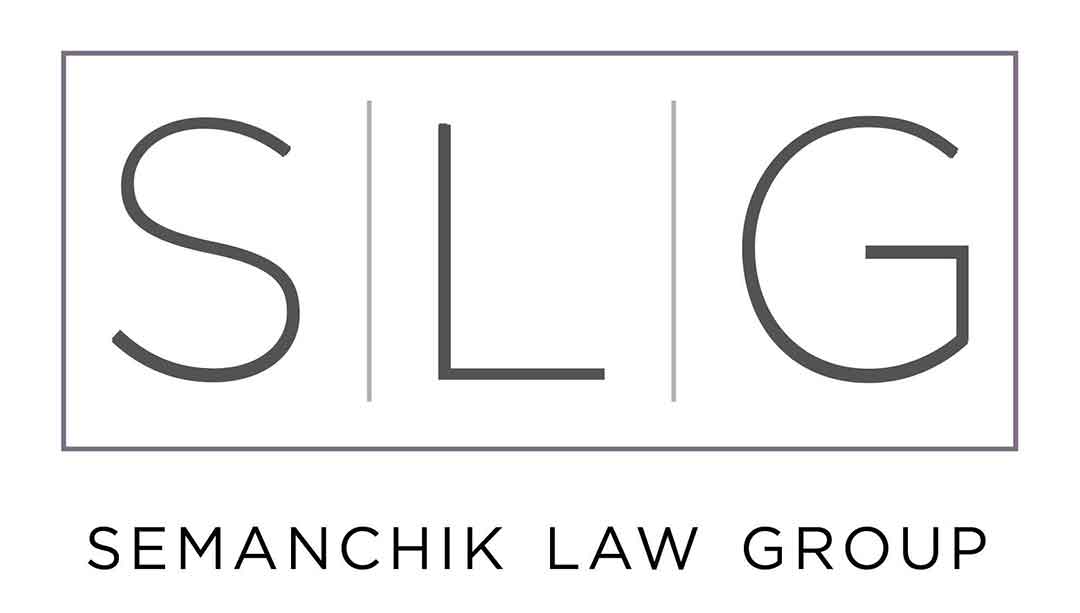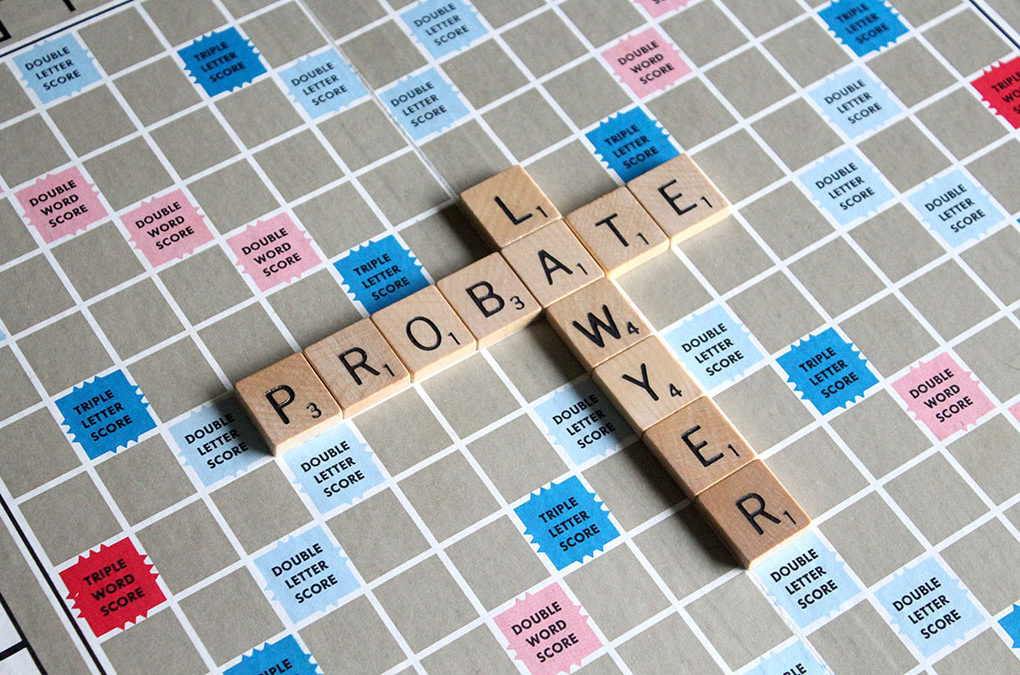Overview of the Costs and Complexities of the Probate Process
The Probate process represents one of the most complicated sets of laws in the state of California or anywhere else in the United States. Although each state has its own probate code, or set of probate and estate laws, there is great deal of similarity in the law from one jurisdiction to another. In fact, many states utilize what is known as the Uniform Probate Code or a statutory scheme that is a derivative of this legal structure.
Even if you’re not heading into a situation in which you will be involved in the probate process following the death of a loved one, you need to have an essential understanding of the complexities, costs, and challenges presented by the probate system. Such an understanding is vital as you contemplate your own estate planning.
Overview of the Challenges of the Probate Process
The best way to come to relative understanding of the complexities of the probate process if to consider an overview of it, from start to completion. This overview begins with a word of caution. Because of the complexities of the probate process, an individual facing the prospect of this type of legal proceeding must give serious consideration to retaining legal representation from the start.
Upon a person’s death, the probate process more broadly commences. This doesn’t involve formal court proceedings but it does necessitate the collection of crucial documents that will become the roadmap from what does and doesn’t need to happen in regard to the deceased individual’s estate.
One primary document that may exist and would then be crucial to the probate process is a last will and testament. If a will exist, that document is the guide as to what the deceased person desired to have happen with his or her estate. The will also designate what legally is known as an executor. An executor is the individual charged with carrying out the desires of the deceased person as set forth in the will. When a will exists, the assets of a deceased person are distributed according to what legally is called testate succession.
If there is no will, the laws of the state where a deceased person resided govern what happens to his or her assets. In addition, the laws of a state call for the appointment by the probate court of what is known as a personal representative or administrator for the estate.
There are a number of reasons why an estate may not need to undergo a formal probate process at all. This is determined primarily by the assets left in the estate when a person passes on coupled with a consideration of who is entitled to inherit those assets. For example, if a person died with only a smaller estate, and all of the assets go to that individual’s spouse, no need would exist for a formal probate process.
Even if an estate must be probated through the court, there are different types of procedures available. There is an informal or simple probate process which involves very little interaction with the court. On the other end of the spectrum, there is a formal probate process which requires more significant direct involvement of the court with the estate.
There is another scenario in which the probate process can be avoided all together, a process which is discussed more fully shortly. You can take advantage of this process by creating a trust during the course of your lifetime. Your assets become part of the trust and are not subject to the probate process upon your death. Because the assets are in a trust, they are conveyed to the beneficiary or beneficiaries of the trust at the time of your death.
Costs Associated with Probating an Estate
If you face the prospect of a full-blown probate process, the costs can prove to be significant. The costs involved in probating an estate depend to a significant degree on the size and overall complexity of an estate.
One of the primary costs associated with the probate process is attorney fees. Other costs include taxes, which are discussed more fully in a moment. Depending on the types of assets involved in an estate, other professionals may need to be hired in addition to legal counsel.
There may be a need for different types of appraisals. The assistance of a well-trained, specialized accountant or other financial professionals may be necessary. The will may call for the executor to earn a fee for his or her services to an estate. Moreover, depending on the size of an estate, there may end up being a significant tax liability. The need may also exist to retain the services of a company to execute an estate sale or auction and to deal with the disposal of items which are not being retained. There can also be situations in which extensive repair and cleanup of a property may be necessary at the time a person dies.
Taxes and the Probate Process
Depending on the value of an estate, taxes might be levied upon it. These are known as inheritance taxes. In addition, depending in the amount of money and property an individual inherits, that person might face inheritance taxes. Depending on where a person resides, the taxes might be levied on the both the federal and state levels.
Proactive Strategies to Avoid Legally the Probate Process
One of the primary reasons avoiding the probate process is the suggested course is to legally avoid taxes. For example, a person is able to gift certain amounts of money each year to various family members are a means of reducing the amount of money that would end up in an estate upon death.
The most widely used proactive strategy to avoid the probate process is to establish a trust during your lifetime. There are a number of different types of trusts that can be created as a means to avoid the probate process upon death. A skilled, experienced estate planning attorney is in the best position to assist you in creating the most suitable trust to an individual’s needs, goals, and objectives.


